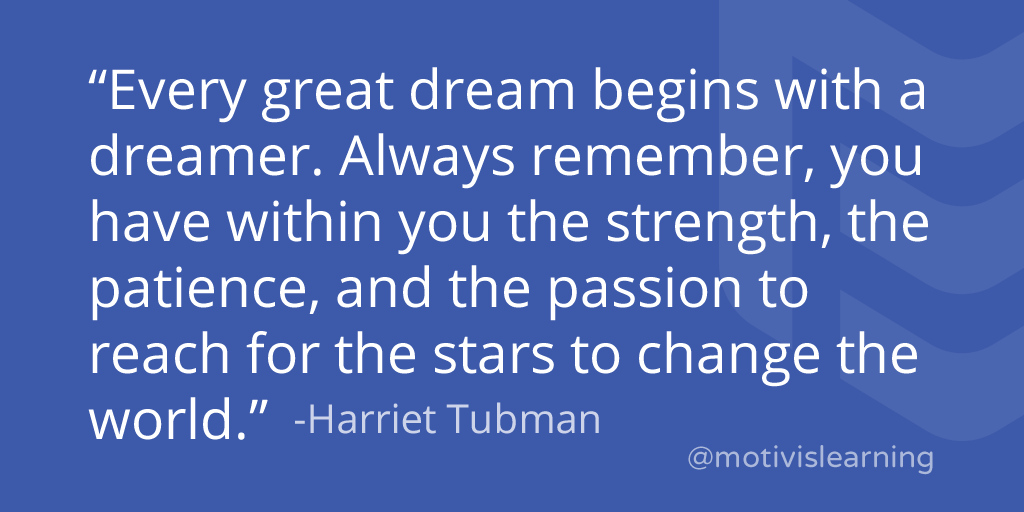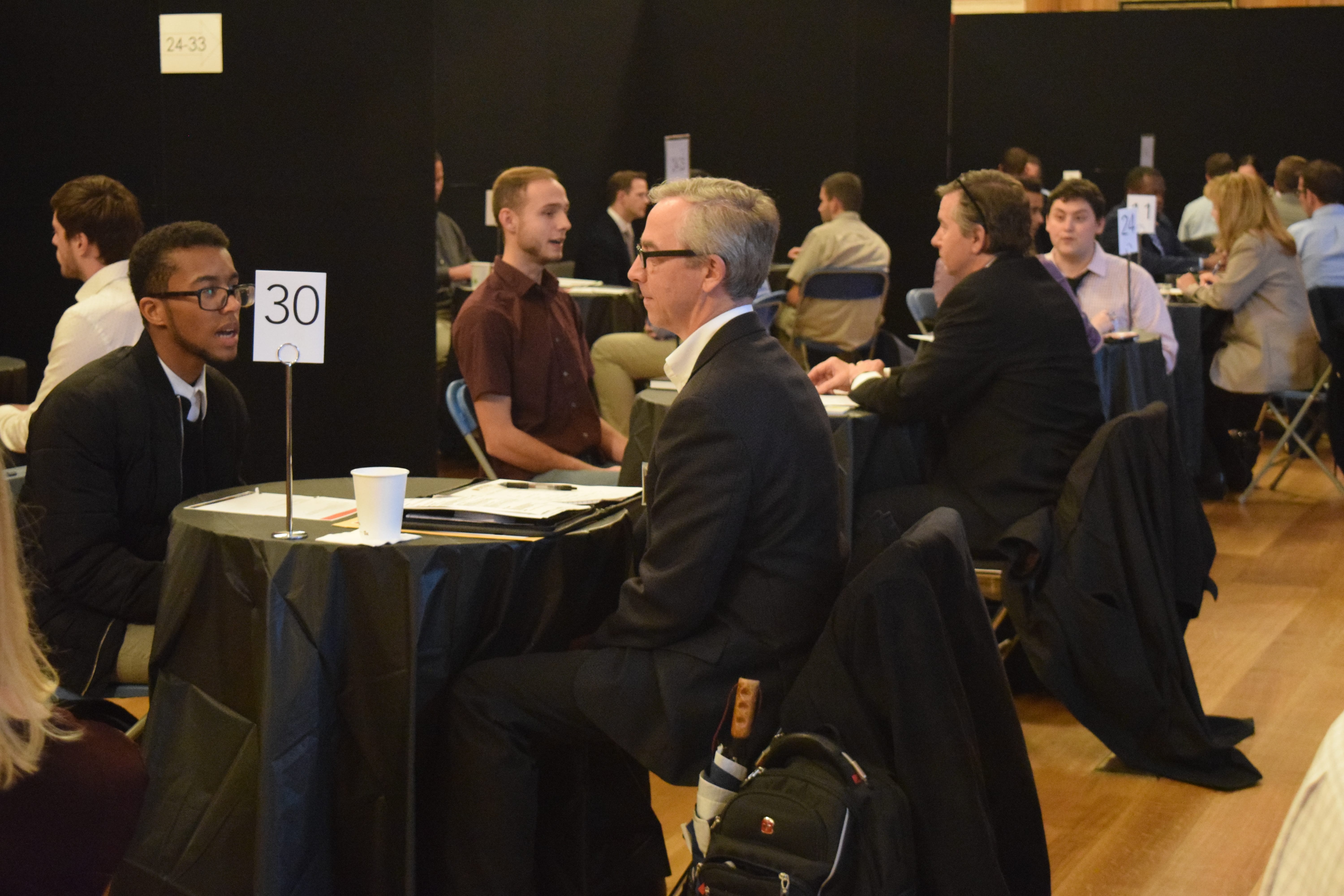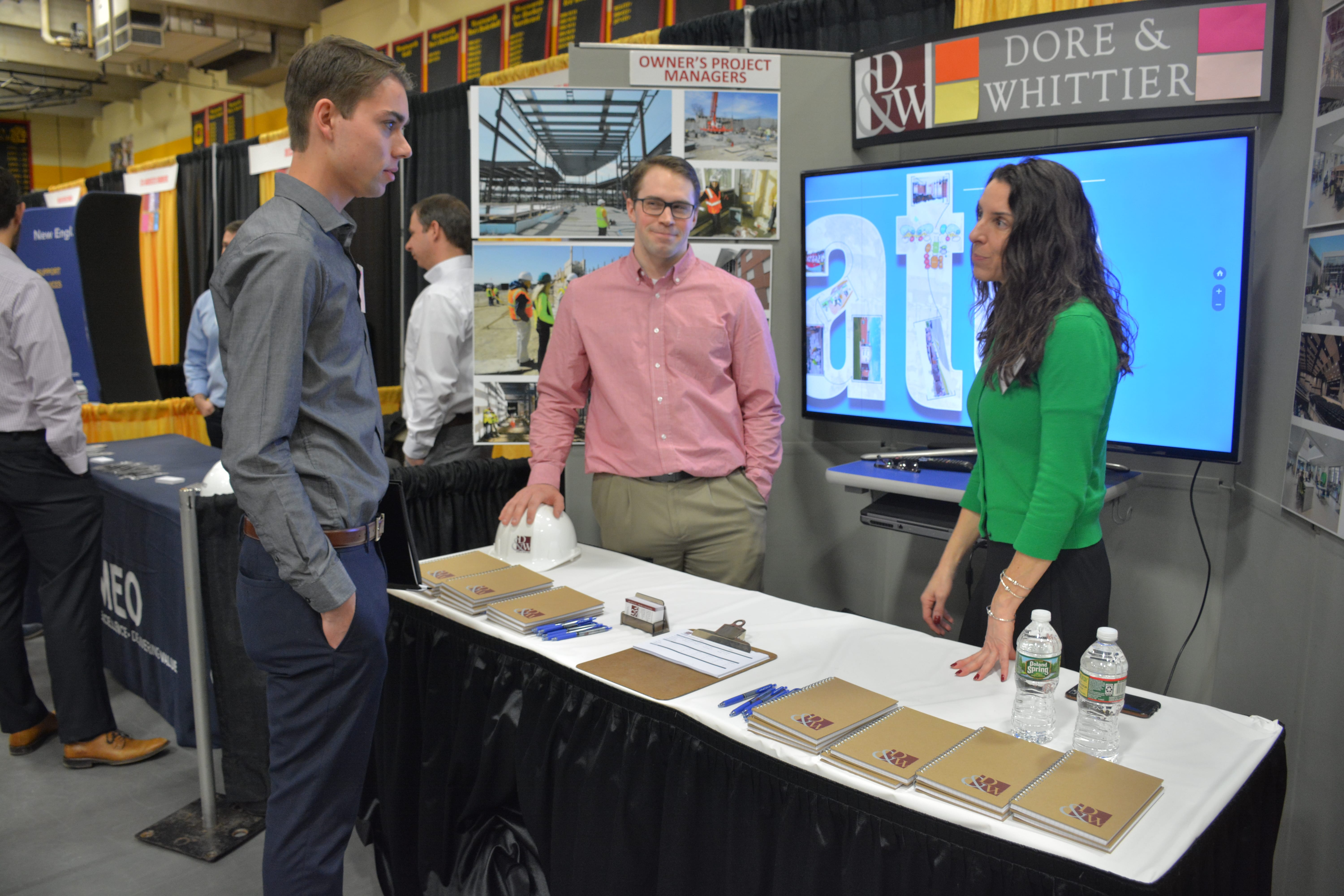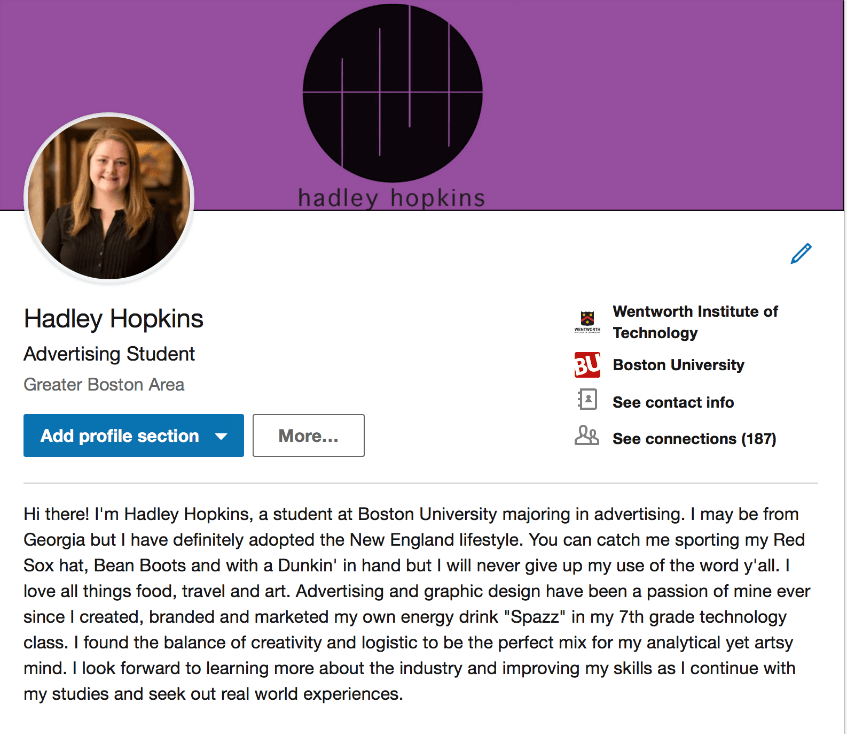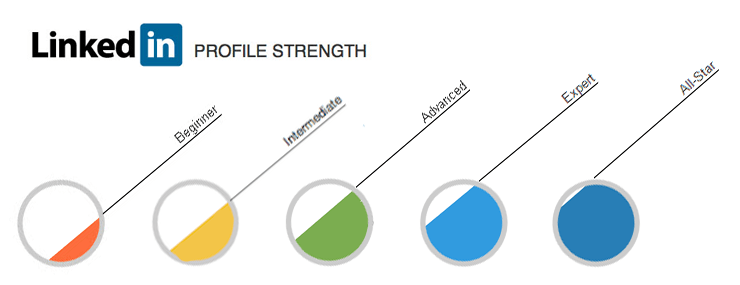By: Kristen Eckman
One of the best ways to find out what an industry, company, or position is really like is to talk with individuals in the career you are considering. It is also an excellent way to expand your network and prepare for future job searches.
What is an informational interview?
An informational interview is a highly focused information gathering session with a networking contact designed to help you choose or refine your career path by giving you the “insider” point of view.
Through the process, you will gain a better sense of the real life experiences, challenges and opportunities, specific and perhaps hidden demands, as well as the drawbacks and limitations of the career field.
An informational interview can be in-person, over the phone, or via Skype (or another video platform). You should dress professionally and be prepared with a list of questions.
How to Informational Interview :
Identify someone to interview
- Consider family, friends, professors, advisors, alumni, and contacts from LinkedIn already in your network.
- Get correct spelling and pronunciation of the contact’s name. Know their job title and whether they prefer a salutation.
- If you are on co-op, consider conducting an informational interview with your supervisor and/or ask them for potential leads.
Contact that person
- Reach out to the contact via email (see end of page for email templates).
- State the reason you are reaching out and how you learned about their work.
- Request a short (20-30 minute) in-person, phone, or Skype interview.
- If the meeting is in-person, you should go to them.
Schedule the interview
- Prepare yourself to be flexible. Consider when it is convenient for them to meet with you.
- Professionals prefer that you suggest a few dates and times to meet. It takes the work away from them and makes the decision easier.
Confirm your appointment
- Be sure you agree on a date, time, and format for your meeting. A brief note of confirmation will serve as a helpful reminder to you both.
Research the individual and career field
- Research and read about the career field, the company, and the individual before you meet. This experience should not be a starting point for your career research, but supplement what you have already learned.
- Your interview should focus on the individual and their experience; it is not a time for you to talk about yourself. Should the interviewee ask, be prepared to share a bit about your experience.
Prepare a list of relevant questions (and your resume)
- You are the interviewer, so be prepared.
- Find example questions at end of page.
- Bring an up-to-date copy of your resume to share only if the interviewee asks for one.
Be on time for your meeting!
- Arrive 10-15 early if you are meeting in-person OR be sure your landline/internet connection is properly working. Be ready-to-go 15 minutes before the interview.
- Be sure you are professionally dressed, equal to or exceeding the level of dress required at the interviewee’s place of work.
Follow-up with a thank you
- Always follow-up with a short note thanking the interviewee for their time. They may be a critical part of your network in the future. NOTE: consider how you will continue to stay in contact in the future.
Don’t Forget To…
- Take control of follow-up. Don’t leave the response open to the individual you have contacted. Let them know when you will reach back out, if you haven’t heard from them by the designated time.
- Mirror the behavior of the professional you are interviewing.
- Don’t forget your professional introduction. They will inevitably ask you to tell them about yourself at some point, so be ready with that important information.
- Keep records of your contacts. Consider keeping a journal or creating a spreadsheet to track the names, contact information, and notes from your interviews. It is also helpful to keep the dates of contact and follow-up.
- Maintain contact with the individuals you interview, but realize that some contacts might not be a good fit for the relationships you are trying to cultivate right now (or perhaps, ever). Label as: forget, hold, keep.
- Connect on LinkedIn. Remember to always send a personalized message with your invitation.
Sample Questions
- Who would you consider the leaders of this industry (companies or individuals)?
- How do you see this industry changing in the next 5-10 years?
- What is a typical day/week like for you?
- What challenges do you face in your position?
- What is the most enjoyable part of your job?
- Why did you choose to work at your current company?
- What was your preparation for work in this field?
- How did you get into this field? What special skills did you have before entering it?
- Are there any skills you wished you had before starting the job?
- What educational preparation would you recommend for a new hire in this field?
- What experiences/skills do you expect new hires to have for this position?
- How would you describe the culture of your organization?
- What values does your company highly regard?
- How do you know you are successful in what you do?
- How does your company develop leaders?
- With your current perspective, what additional skills would you have developed while at school to prepare you for this role?
- What do you like the most and the least about your job?
- What are the greatest rewards of your work?
- What are the greatest frustrations? How do you deal with them?
- What professional associations are beneficial to this job?
- Is there anyone else you suggest I contact?
- May I remain in contact with you?
Sample Email Language
Utilize the sample emails below as a guide to contacting your first interviewees.
(No prior connection)
Subject: WIT student seeking industry knowledge
Dear Mr./Ms. Last Name,
I am a sophomore at Wentworth Institute of Technology studying Biomedical Engineering. I found your name through the LinkedIn WIT alumni page. As a sophomore seeking my first co-op, I am hoping to learn from current professionals in the field. In viewing your LinkedIn page, I feel like I could gain valuable insight from what you have to share about your experience.
I wondered if we might be able to set a time for a quick 20-30 minute meeting where I could ask you some questions that will help me prepare for the co-op search ahead of me. We could meet in person, or speak over the phone/SKYPE.
I look forward to hearing from you.
Sincerely,
Your first and last name
(From referral)
Subject: WIT student referred by Professor Christiano
Dear Mr./Ms. Last Name,
I am a sophomore studying Facilities Planning and Management at Wentworth Institute of Technology. Professor Christiano encouraged me to contact you. I would like to learn more about the field of Facilities Planning and Management before I begin my co-op search. I am particularly interested to learn about your own experience at (insert name of company).
I hope to meet with you at your convenience. Please email me with times and dates that are compatible with your schedule. I look forward to hearing from you.
Thank you for your time.
Sincerely,
Your first and last name
Spring 2019 WITwear Hours: Mon–Wed 4PM–8PM, Thurs 5PM–8 PM, Fri 10AM– 12:30PM
Make an appointment with your Co-op + Career Advisor by calling the front desk at 617 989 4101.


